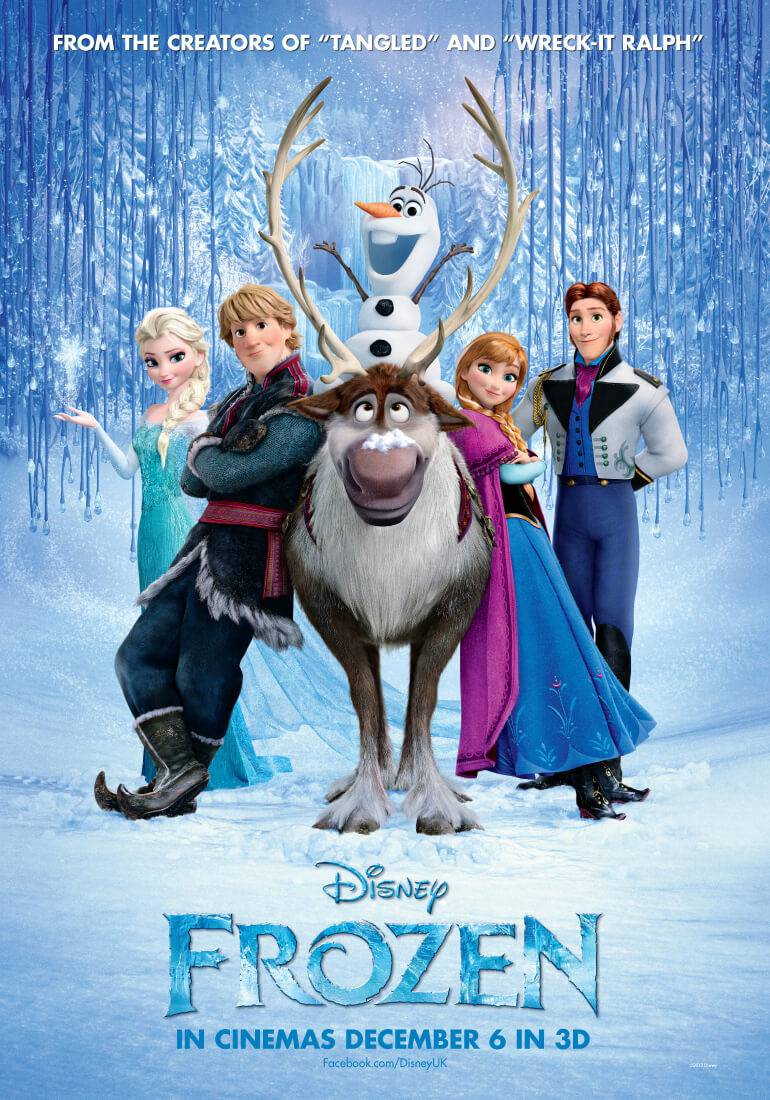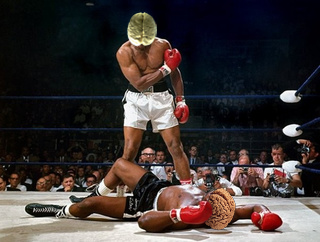 Good ad agencies, like good businesses of any ilk, have a point of view. And back in the 90s, BBDO was one of the best. Their point of view enabled them to do a particular kind of advertising and they did the shit out of it for Pepsi, Visa, Skippy, and Frito-Lay.
Good ad agencies, like good businesses of any ilk, have a point of view. And back in the 90s, BBDO was one of the best. Their point of view enabled them to do a particular kind of advertising and they did the shit out of it for Pepsi, Visa, Skippy, and Frito-Lay.
I know this well because from 1993 to 1995 I was Senior Vice President/Creative Director at BBDO.
I'm going to tell you a secret. The BBDO secret.
The quintessential BBDO commercial (the agency almost exclusively did TV commercials) relied on three things: 1) Intrigue, 2) Misdirection, and 3) Making the product the hero.
Intrigue means it's a story and the story sucks you in.

I wonder what's going to happen next, don't you? You do. We all do, especially since we establish that two boys are watching her. (Remind me to share John Cleese's brilliant observation about comedy in a post someday.)
Misdirection goes to the dramatic structure. If you know how your story is going to turn out, why would you continue watching? Well, yeah, there are reasons. Like, for instance, it's Cindy Crawford.
Sure, we know Cindy is going to put money into the vending machine and push a button. Will a Pepsi come out? It does. Will she drink it? She will. But what of the two boys?
Here comes the misdirection: As Cindy slugs down the Pepsi, the two boys watch, slack jawed. One of them comments, "Is that a great new Pepsi can or what?"
Which brings me to making the product the hero. That's shorthand for "the product is not just integral to the story, it is the very thing that makes the punch line satisfying." When your product isn't the hero, you may have something funny –– like shooting gerbils out of a cannon as Outpost.com did in a Superbowl spot back in 1999 –– but you don't really have a commercial.
The hero of the spot with Cindy Crawford is the can. Pepsi had redesigned their can. Implicit in the commercial, whether believable or not, was that Pepsi's new can was even more beautiful than Cindy Crawford's... well... can.
It's twenty years later and the same approach still works magic. A magnificent example is Apple's "Misunderstood" holiday commercial.
As for product as hero, yep. Apple made a big point about its improved video capabilities with the introduction of the new iPhone earlier this year. I'm pretty sure the brief the agency worked from directed them to create a spot that highlighted the feature.
Feature.
 That's an important word and it brings me to Secret #4. (I know. Look at me being all generous.) There are features and there are benefits. Features are what a product has or does. Benefits are what you get from having a feature. The ability to make a movie on your phone is a feature. The ability to bring your family together and share memories almost as they're being created? That's a benefit.
That's an important word and it brings me to Secret #4. (I know. Look at me being all generous.) There are features and there are benefits. Features are what a product has or does. Benefits are what you get from having a feature. The ability to make a movie on your phone is a feature. The ability to bring your family together and share memories almost as they're being created? That's a benefit.
This is an extraordinary spot. Beautifully conceived and well-crafted.
I'm grateful to both Apple and TBWA\Chiat\Day (the ad agency) for giving me a gift I so appreciate as this most difficult of all years finally comes to a close: Proof that it's still possible to create truly great advertising.
I'm entering 2014 inspired. I hope you are, too.










